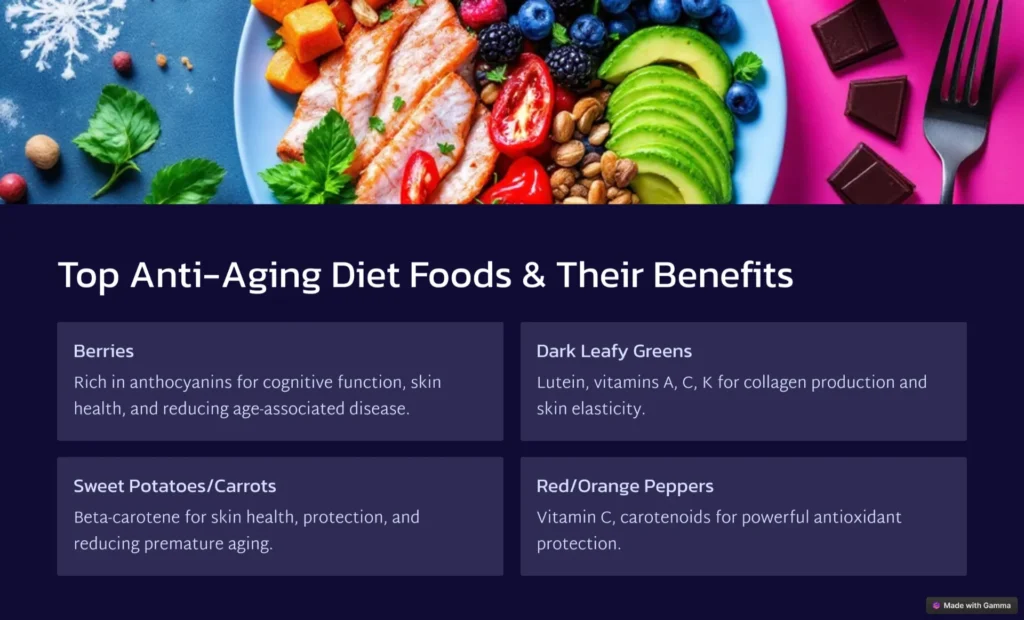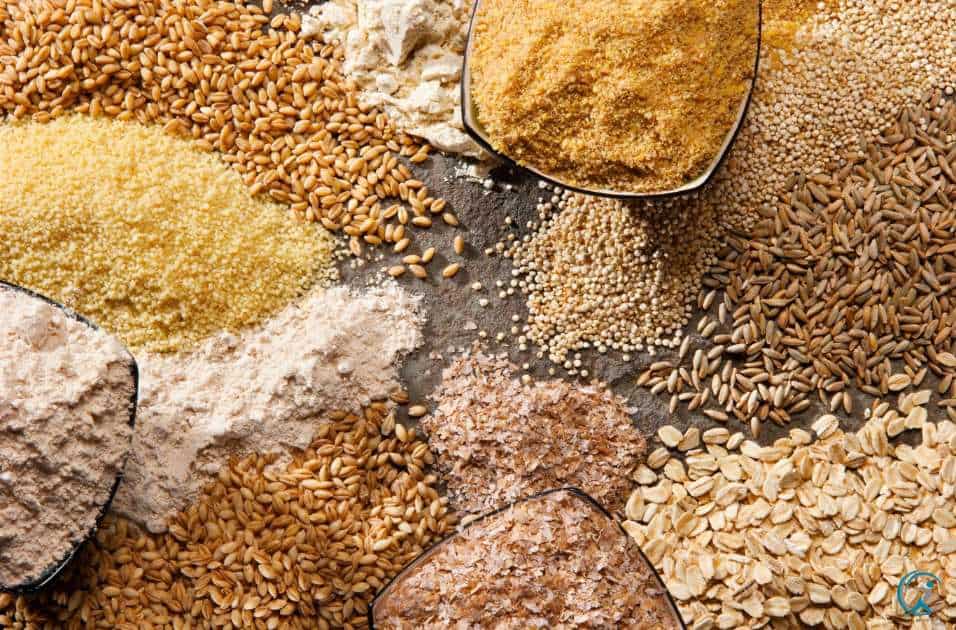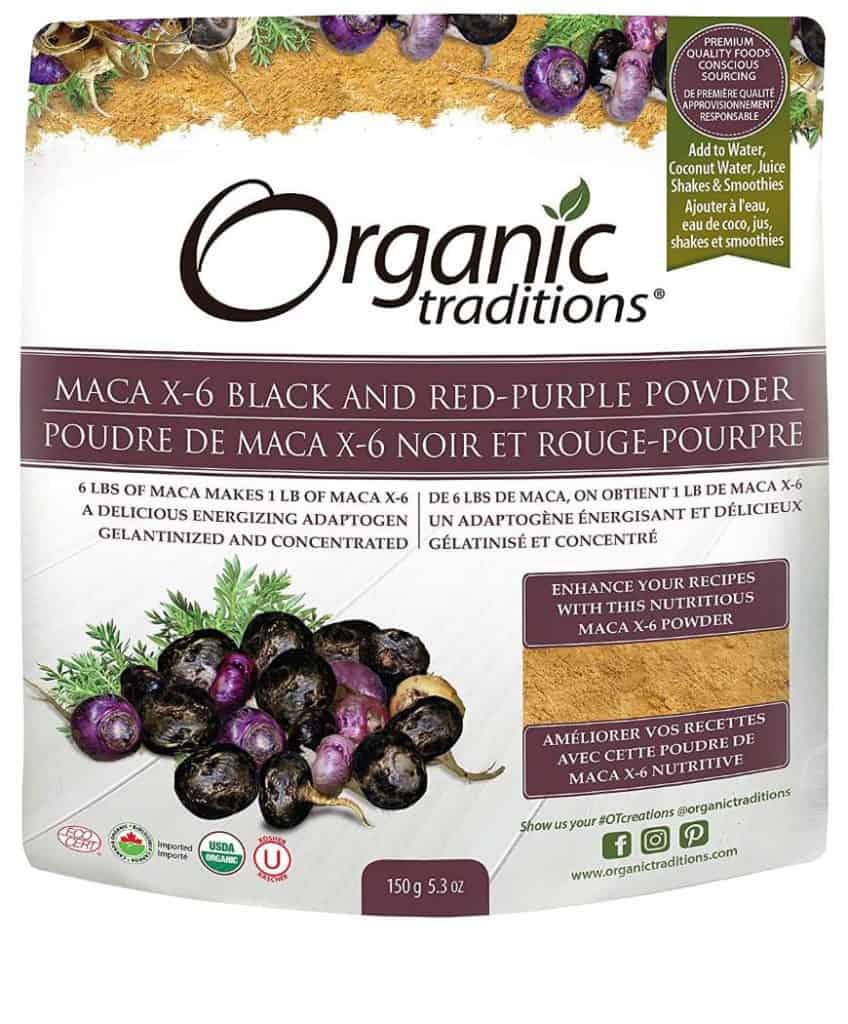This article covers if is spicy food is good for you. It will also inform you if it can treat certain medical conditions and the health benefits of eating spicy foods.
Regarding your health, spicy foods have a lot going for them. They can help you lose weight, fight cancer and reduce pain. While these benefits may not be enough to make you reconsider your aversion to spicy food, they’re worth considering the next time you choose what to eat for dinner. Here’s why:
Health Benefits of Spicy Foods

Spicy foods are a great way to flavor your meals without adding calories. They can also have some surprising health benefits:
Hot peppers contain vitamin C, which boosts the immune system.
Vitamin C is a powerful antioxidant that lowers the risk of heart disease and helps keep the skin healthy.
It’s also a powerful immune booster.
The vitamin is found in many fruits and vegetables, including red peppers, papaya, citrus fruits, and kiwi.
Spicy foods increase circulation.

The spicy foods you’re eating helps increase blood flow to the skin, which can help you cool down.
- Spicy foods also increase circulation to the digestive system, which can help with digestion.
- Spicy foods also increase blood circulation to the brain, which helps with concentration and focus.
Spicy foods make you sweat, which can help cool you down.
Spicy foods can make you sweat, which cools you down.
- Hot peppers contain capsaicin, a chemical that stimulates the sweat glands. This is why spicy foods often leave us feeling breathless and clammy.
- Capsaicin also helps with digestion, so eating hot peppers may help you feel fuller for longer periods (source).
- Capsaicin has been shown to reduce appetite and increase metabolism in animal studies (source), but human studies are needed before we can say whether or not this will affect weight loss.
Some spicy foods contain capsaicin.

Capsaicin might help with weight loss by reducing your appetite, increasing your metabolism, and decreasing calorie intake.
You may have heard some buzz about the possible health benefits of spicy foods. It turns out some studies have shown that eating capsaicin-containing foods could be beneficial for your overall health. Capsaicin is a chemical compound found in hot peppers—the same thing that gives them their heat. It’s also present in other foods like mustard and wasabi. When you eat something with capsaicin, your body produces endorphins, hormones produced by the brain that elevate your mood and relieve pain. Studies have shown that this reaction increases metabolism and decreases calorie intake over time.
So why do people think spicy food can be good for weight loss? Research suggests it might help suppress appetite by stimulating the production of cholecystokinin (CCK)—a hunger-suppressing hormone secreted by cells lining your small intestines as they break down nutrients from food (2). In addition to increasing CCK levels, spicy foods increase satiety signals sent out by the fullness hormones leptin and peptide YY3–36 (3). This makes us feel full faster, so we’re more likely to stop eating sooner than we would otherwise!
Spicy marinades and rubs have been shown to reduce the formation of certain toxic heterocyclic amines (HCAs),
These chemicals form when chicken or beef is grilled at high temperatures.
Spicy marinades and rubs have been shown to reduce the formation of certain toxic heterocyclic amines (HCAs), chemicals that form when chicken or beef is grilled at high temperatures. A study from Purdue University found that spraying meat with capsaicin—the compound responsible for spicy foods’ heat—before grilling lowered the level of HCAs by up to 88 percent.
Indeed, people who regularly consume spicy foods have been shown to have less inflammation in their bodies and better cardiovascular health than those who eat more bland fare. And it’s possible that a diet high in spices may also lower your risk for cancer because of its antioxidant properties; research suggests that capsaicin can prevent tumors from forming and kill tumor cells already in our bodies.
Capsaicin may also aid in digestion.

Studies show that it stimulates the stomach lining to secrete more mucus and enzymes that aid digestion.
Capsaicin stimulates the release of digestive juices from your pancreas, gallbladder, and small intestine, which helps break down food so it can be absorbed into your bloodstream. In addition to improving digestion, capsaicin may help irritable bowel syndrome symptoms by reducing inflammation in your intestines, according to WebMD.
Spices bring flavor and health to food.
Spices are a great way to add flavor and variety to food. They also have health benefits! Spices can help with digestion, weight loss, heart health, and anti-inflammatory properties.
The active ingredient in chili peppers is capsaicin, a natural painkiller.
Capsaicin is the active ingredient in chili peppers. It’s not just hot and spicy. It also has the ability to numb pain and reduce inflammation.
Capsaicin creams, which you can buy at most pharmacies, are often used for treating arthritis pain (although they may cause a burning sensation at first). Research shows capsaicin can help relieve muscle aches and headaches by decreasing blood flow to the affected area.
Capsaicin also helps fight cancer cells.
Capsaicin is a natural painkiller, but it also has other health benefits. It can reduce hunger, increase metabolism, and help burn fat; it also reduces arthritis pain. Capsaicin may even be able to fight cancer cells by lowering blood glucose levels and increasing insulin levels in the body. And if that weren’t enough, adding a little spice to your life can also help fight colds and flu!
Recent research has shown that spicy food can be good for you and even help prevent cancer.
If you’re an avid spice lover, you may have already heard that spicy food is good for you. But the science behind this claim is a little more complex than it seems.
A recent study at the University of California, Los Angeles (UCLA) found that eating spicy foods could help prevent cancer and boost your metabolism. They concluded that capsaicin—the active ingredient in chili peppers—could be used as a natural way to prevent tumors from growing in the body.
Other research has found that eating spicy foods can help with weight loss by increasing your metabolic rate. If you’re looking for an easy way to shed some pounds without hitting the gym, adding cayenne pepper or ginger to your diet might be just what it takes!
And finally, eating spicy food can reduce your risk of death from respiratory diseases like influenza or pneumonia! According to new research published in JAMA Internal Medicine by Harvard School of Public Health professor Dr. Gary Franklin and his colleagues at UCLA’s School of Medicine led by Dr Alexis Besse-Hoggan,
What’s more, eating spicy food can help boost your metabolism and aid weight loss.
Your body burns calories to digest the food you eat. For example, if you consume 100 calories’ worth of spicy chicken fajitas, your body will burn an average of 150 calories to break down the protein and fat.
Of course, this doesn’t mean that if you eat spicy food every day for a month, you’ll lose 14 lbs., but it does mean that eating hot chips can help kickstart your weight loss journey by making sure you’re burning more than just the 100-calorie serving size.
And as well as having a positive impact on how many calories we burn through metabolism and activity (and therefore how much weight we lose), studies have shown that eating spicy foods has additional benefits regarding long-term health.
Spicy food is good for you, but some studies have shown that eating too much spicy food increases your risk of death.
So, should you eat spicy food? It depends. If you’ve been eating spicy food and have never had any problems, there’s no reason to stop now. But if you’re new to spicy foods or have a sensitive stomach, be careful with how much you consume. Spicy foods can cause heartburn, stomach ulcers, and even stomach cancer if eaten excessively (more than once per week). Eating too much spicy food may also lead to obesity over time because of its high-calorie count and fat content. And because many hot peppers contain capsaicinoids that act as irritants on mucous membranes throughout the body (including those in your lungs), it may also increase your risk for respiratory problems like asthma attacks or COPD symptoms when consumption is high.
Eating spicy food could also reduce your risk of death from respiratory diseases like influenza or pneumonia.
Eating spicy food could also reduce your risk of death from respiratory diseases like influenza or pneumonia. The capsaicin in hot peppers gives you a dose of endorphins—natural chemicals that help control pain, boost your mood, and make you feel good. Endorphins may even affect the immune system, helping to inhibit inflammation and fight off infections.
A recent study published in the journal PLOS One found that people who ate spicy foods several times per week were 19% less likely than non-spice eaters to suffer from influenza or pneumonia during the last three years—and that figure rose to 28% for those who ate spicy foods more than twice per week (the same amount). The researchers concluded that eating botanically rich foods like chilies may be one way for people with compromised immune systems to protect themselves against respiratory diseases like influenza or pneumonia.
Research has shown that spicy foods can be good for you in moderation, but it’s best to talk to a doctor before making any changes to your diet.
What the research says
Research has shown that spicy foods can be good for you in moderation, but it’s best to talk to a doctor before making any changes to your diet.
A 2013 study published by Wilkes University found that eating hot peppers may lower the risk of prostate cancer. The findings suggest that capsaicin, the compound responsible for spiciness in peppers, may stop the growth of prostate cancer cells by activating heat shock proteins (HSPs).
HSPs are proteins that help protect cells from damage caused by stressors like high temperatures or UV rays—they’re tiny bodyguards on patrol at all times! And since HSPs reduce inflammation and prevent certain types of cancer like ovarian and breast cancers as well as diabetes and heart disease, it makes sense they could also help ward off prostate cancer when consumed regularly in foods like chili peppers or curry paste. Other studies have linked spicy foods with better digestion and lower blood sugar levels after meals. However, more research must be done before we can definitively say this has health benefits.
Capsaicin can reduce hunger, increase your metabolism, and help burn fat.
Capsaicin, a compound found in hot peppers, reduces hunger and speeds metabolism. But how exactly does it work?
The best way to describe capsaicin’s effect on your body is to trick your brain into thinking you’re eating spicy food by increasing prostaglandins (a naturally occurring hormone) in the body. These hormones make you feel warm and cause blood vessels near the skin surface to expand so more blood flows to them—which leads to a flushed face and sweating. This reaction causes us to associate eating food with these sensations; over time, we start associating those feelings with being hungry instead of fullness. Eating spicy foods helps suppress your appetite because it tricks you into feeling like you’re already full!
Natural painkillers may relieve arthritis pain.
Capsaicin, the chemical that gives chili peppers their kick, may help relieve arthritis pain. It can provide temporary relief from other kinds of pain as well.
Research shows capsaicin inhibits the activity of substance P, a neurotransmitter in transmitting pain signals from one nerve cell to another. By blocking substance P’s ability to transmit those signals, capsaicin reduces inflammation and relieves pain by reducing the intensity of painful stimuli. The same mechanism helps people with diabetes avoid amputation of limbs affected by peripheral neuropathy (nerve damage). Capsaicin also lowers blood sugar levels by triggering thermogenesis (heat generation) in fat white cells—this boosts metabolism and burns calories—which may help protect against obesity-related ailments such as diabetes mellitus type 2 and cardiovascular disease (CVD).
Eating spicy foods can help fight colds and flu.
Like most people, you probably reach for the tissues when cold or flu season rolls around. But some experts say there are ways to fight off the sniffles without ditching your favorite spicy foods.
According to David Katz, MD, director of Yale University School of Medicine’s Prevention Research Center, chili and other spices boost immune system function and reduce inflammation in the body. “There is evidence that certain spices may help reduce pain and swelling as well as increase blood circulation—all good things when fighting an illness,” he told Health magazine.
If you want a little more scientific proof for your case, researchers from Brigham Young University found that capsaicin (the compound responsible for giving chilis their heat) can kill bacteria associated with foodborne illnesses like salmonella and E. coli O157:H7 on contact—without requiring heat first! So if you’re feeling under the weather next time but don’t want to feel deprived of your favorite dishes, go ahead and indulge!
Eating spicy foods is good for your health!
If you’ve ever had a mouthful of spicy food, you may have noticed that it makes your mouth feel warm. That’s because capsaicin—the chemical that gives hot peppers their heat—is a natural painkiller. Because of this, eating spicy foods can reduce the pain you feel from things like arthritis and migraines, boost your metabolism, and help fight cancer cells.
Capsaicin is also known for reducing hunger and increasing metabolism (which helps burn calories), making it an important ingredient in many weight loss supplements!
Conclusion
It’s a common misconception that spicy food is bad for you when it has many health benefits. In addition to fighting cancer cells and reducing hunger pangs, capsaicin can help relieve arthritis pain and fight colds and flu. So next time someone tells you not to eat spicy food because it will make you sick, just give them a big fiery smile!
As a veteran fitness technology innovator and the founder of GearUpToFit.com, Alex Papaioannou stands at the intersection of health science and artificial intelligence. With over a decade of specialized experience in digital wellness solutions, he’s transforming how people approach their fitness journey through data-driven methodologies.
